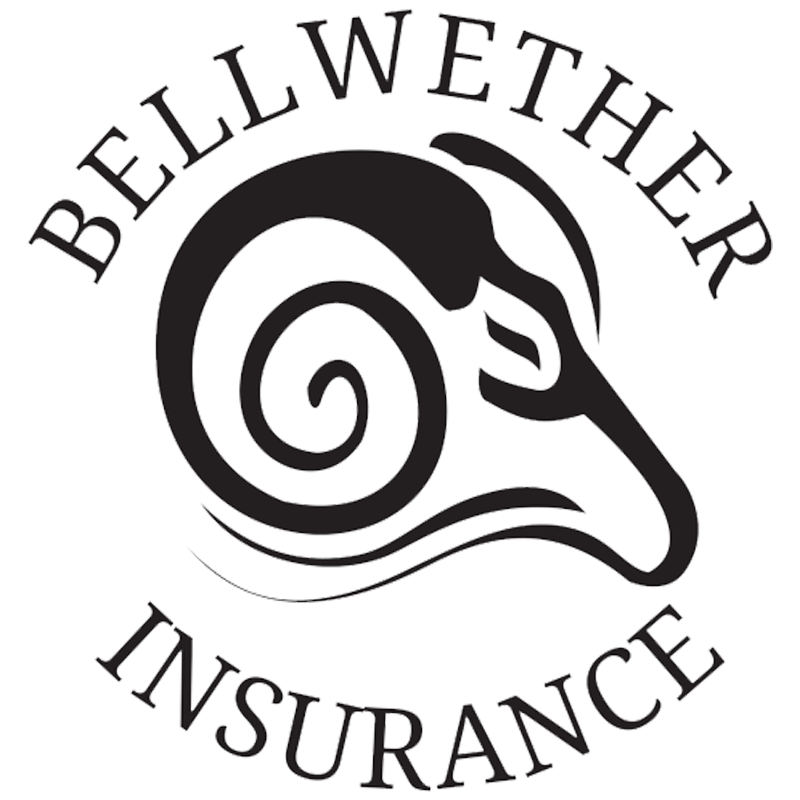Ohio Homeowner Insurance

Index
Contact Us
Phone
216-600-2828
Location
100 N. Center Street PO Box 627 LaGrange, OH 44050
Ohio residents face an average of $1.1 billion in property damage claims per year, mainly due to severe storms, floods, and tornados. The most common types of disasters in Ohio are severe storms, floods and tornados. The average number of tornadoes per year in Ohio is 19, and the number of declared disasters in Ohio since 1953 is 59.
These statistics show the importance of having adequate home insurance coverage in Ohio. Without adequate home insurance, you could end up paying out of pocket for repairs of your belongings.
Home insurance can also provide liability protection if someone gets injured on your property or if you cause damage to someone else's property. Should you have to temporarily relocate due to a covered loss, home insurance will kick in and take care of the relocation costs.
We Are a Top-Rated Ohio Homeowners Insurance Agency
At Bellwether Insurance, we understand the importance of protecting your home and your family. That's why we offer comprehensive and affordable homeowners insurance policies that cover your property, liability, and personal belongings.
Whether you live in a single-family house, or a condo, we have a plan that suits your needs and budget.
We also provide discounts for bundling your home and auto insurance, installing safety devices, and being a loyal customer. As a top-rated Ohio homeowners insurance agency, we are committed to providing you with excellent service and peace of mind.
Contact us today for a free quote and see why thousands of Ohioans trust us with their home insurance needs.
What Does Homeowners Insurance Cover in Ohio?
Homeowners insurance is a type of property insurance that protects your home and personal belongings from various risks. In Ohio, homeowners’ insurance typically covers the following forms of coverage:
Dwelling Coverage
Also known as structural coverage, dwelling coverage covers the cost of repairing or rebuilding your home if it is damaged or destroyed by a covered peril, such as fire, windstorm, hail, lightning, vandalism, or theft. Dwelling coverage also includes other structures on your property, such as a detached garage, shed, or fence.
Personal Property Coverage
This covers the cost of replacing your personal belongings, such as furniture, clothing, electronics, appliances, and jewelry, if they are stolen or damaged by a covered peril. Personal property coverage usually has a limit based on a percentage of your dwelling coverage, and may have sub-limits for certain items, such as jewelry or firearms. You can increase your personal property coverage by purchasing additional endorsements or riders.
Liability Coverage
Liability (also known as third party) coverage covers your legal responsibility if you or a member of your household causes bodily injury or property damage to someone else. Liability coverage also pays for your legal defense costs if you are sued for such damages. Liability coverage usually has a limit per occurrence and a limit per policy period. You can increase your liability coverage by purchasing an umbrella policy that provides extra protection above your homeowner's policy limits.
Medical Payments Coverage
Medical coverage takes care of the medical expenses of someone injured on your property or by your pet, regardless of who is at fault. Medical payments coverage usually has a low limit per person and per incident. It is meant to cover minor injuries and avoid liability claims.
Loss of Use Coverage
Loss of use covers the additional living expenses you incur if you have to temporarily move out of your home due to a covered peril. Loss of use coverage pays for things like hotel bills, restaurant meals, laundry services, and storage fees. This coverage usually has a limit based on a percentage of your dwelling coverage or a specific time period.
Common Exclusions in Ohio Homeowners Insurance
- Flood damage: Most homeowners insurance policies do not cover flood damage caused by natural disasters or overflowing water sources. You may need to purchase a separate flood insurance policy to protect your home and belongings from this risk.
- Earthquake damage: Ohio is not a high-risk area for earthquakes, but they can still occur and cause significant damage to your property. Homeowners insurance policies typically exclude earthquake damage, so you may want to consider adding an endorsement or buying a separate policy for this peril.
- Mold damage: Mold can grow in damp areas of your home and pose health hazards as well as damage your structure and personal property. Home insurance policies usually limit or exclude coverage for mold damage unless it is a result of a covered loss. You may be able to increase your coverage for mold by paying an additional premium or buying a specific mold insurance policy.
- Wear and tear: Home insurance is designed to cover sudden and accidental losses, not gradual deterioration or normal maintenance issues. You are expected to keep your home in good condition and repair any problems that arise over time. The insurance will not cover damage caused by wear and tear, such as roof leaks, cracked foundations, plumbing leaks, etc.
- Intentional or criminal acts: Homeowners insurance policies will not cover damage that you or anyone living in your household intentionally cause to your property or others. This includes vandalism, arson, theft, fraud, etc. Homeowners insurance also will not cover damage caused by illegal activities or criminal acts, such as growing marijuana, operating a meth lab, etc.
The Cost of Ohio Homeowners Insurance
The average yearly premium for home insurance in Ohio is $862, which is 29% lower than the national average of $1,211. Home insurance rates in Ohio vary depending on several factors, such as:
- The location of the home: Homes in areas with higher crime rates, natural disasters, or extreme weather conditions may have higher premiums.
- The age and condition of the home: Older homes or homes that need repairs may cost more to insure than newer or well-maintained homes.
- The size and value of the home: Larger or more expensive homes may have higher coverage limits and premiums than smaller or cheaper homes.
- The type and amount of coverage: Homeowners can choose different types of coverage and deductibles to suit their needs and budget. Higher coverage limits and lower deductibles may increase the premium, while lower coverage limits and higher deductibles may lower the premium.
- The claims history of the homeowner: Homeowners who have filed claims in the past may face higher premiums than homeowners who have not filed claims or have filed fewer claims.
- The credit score of the homeowner: Homeowners with good credit scores may qualify for discounts or lower rates than homeowners with poor credit scores.
- The discounts available to the homeowner: Homeowners may be eligible for discounts if they have multiple policies with the same insurer, install security or safety devices, or take measures to reduce the risk of damage or loss.
Homeowners should shop around and compare quotes from different insurers to find the best deal for their home insurance needs. The best way to do that is working with an independent insurance agency like Bellwether Insurance.
Ways to Lower Your Ohio Homeowner's Insurance
- Increase your deductible: This is the amount you have to pay out of pocket before your insurance kicks in. A higher deductible can lower your premium, but make sure you can afford it in case of a claim.
- Bundle your policies: If you have other types of insurance, such as auto or life, you may be able to get a discount by buying them from the same company as your homeowner's insurance.
- Improve your home security: Installing smoke detectors, fire extinguishers, burglar alarms, deadbolts, and other safety features can reduce the risk of damage or theft and lower your premium.
- Ask for discounts: You may be eligible for discounts based on your age, occupation, loyalty, payment method, or membership in certain groups or associations. Ask your insurer what discounts they offer and how you can qualify for them.
- Review your coverage annually: Make sure your policy reflects the current value of your home and belongings. You may be able to reduce your coverage if you have made improvements or upgrades that increase your home's energy efficiency or durability.
- Avoid filing small claims: Every time you file a claim, your insurer may increase your premium or even drop you as a customer. If you have minor damage or losses, consider paying for them yourself instead of filing a claim.
- Maintain a good credit score: Your credit history can affect your insurance rate, as insurers may see you as a lower risk if you have a good credit score. Pay your bills on time, keep your balances low, and check your credit report regularly for errors.
- Choose a location wisely: The location of your home can influence your insurance cost, as some areas are more prone to natural disasters, crime, or lawsuits than others. If you are planning to buy a new home, consider the insurance implications of its location before making an offer.
Compare Ohio Homeowners Insurance Quotes
Our agents are experts in Ohio homeowners’ insurance and can help you compare quotes from multiple providers. Whether you need insurance for a new home, an existing home, or a rental property, we can help you find the right policy for your needs and budget.
Contact us today and let us show you why we are the trusted choice for Ohio homeowners’ insurance.


